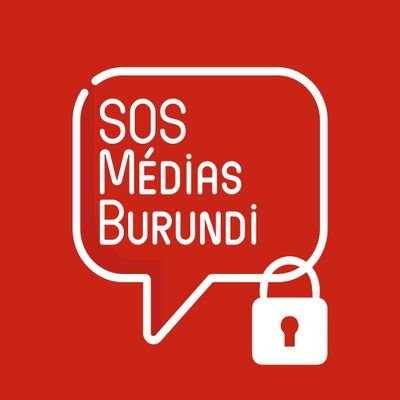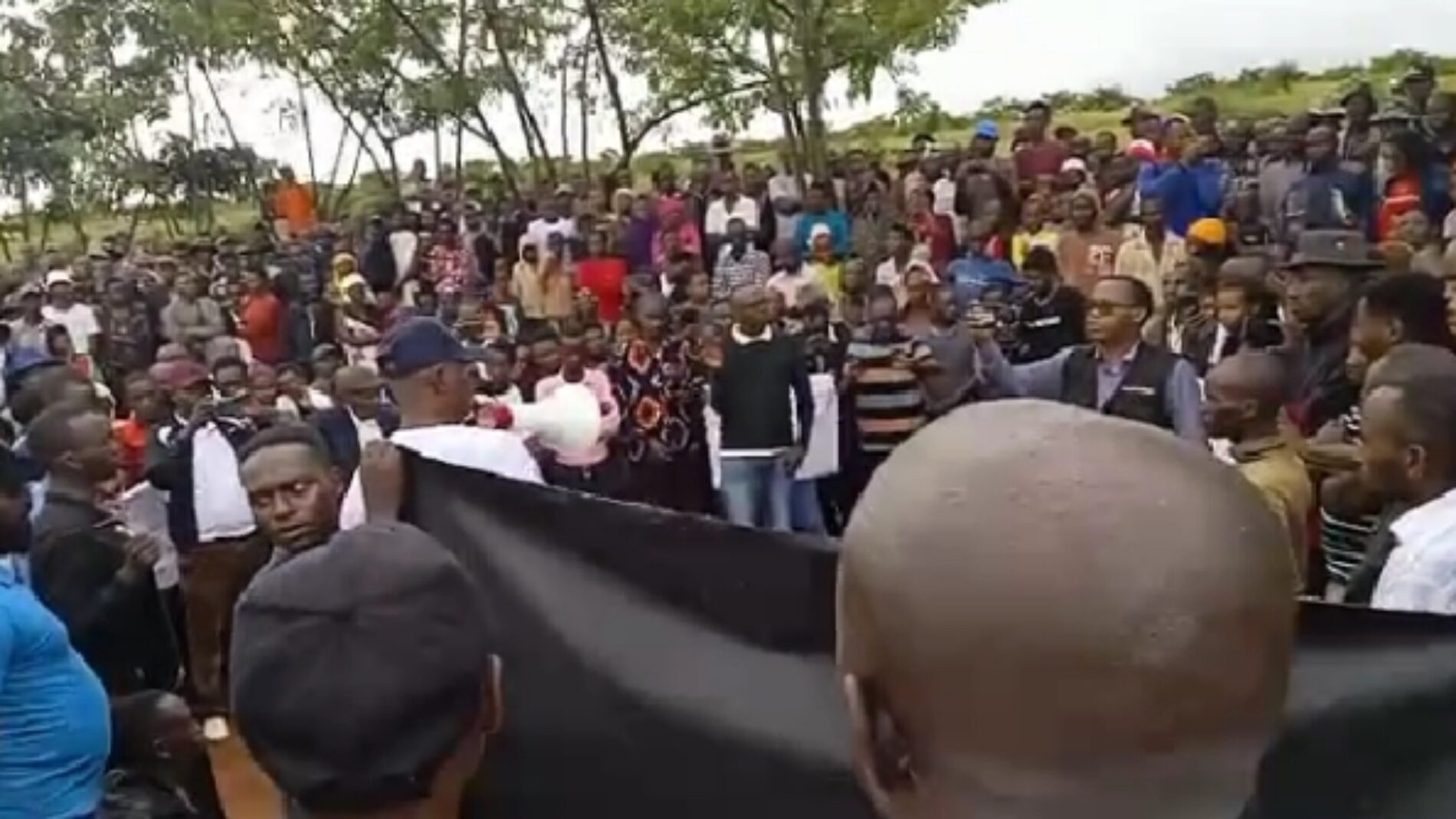Mahama (Rwanda): a demonstration by Congolese refugees
Several Rwandophone Congolese refugees settled in the Mahama camp in Rwanda marched on Tuesday to protest against what they describe as “genocide against Tutsi families in North Kivu” in their country of origin. They call on the international community to act before “the worst happens”. INFO SOS Médias Burundi
On Tuesday morning, hundreds of Congolese refugees, Rwandophones, broke the silence of the rain that fell on the Mahama camp in eastern Rwanda. They organized a march of protest.
“We protest against killings perpetrated against our Tutsi families that remained in Congo. We demand a return to peace in Congo so that we can return. We are protesting against the ongoing genocide, we are tired of being refugees” said their placards.
These slogans are also heard in their songs in the streets of Mahama camp.
“This genocide is being perpetrated by the Congolese government in collaboration with the Rwandan FDLR genocidaires”, they chant.
“We are protesting against violence and torture against Tutsis living in the DRC, our relatives. We cannot go back there because of groups like the FDLR, the Nyatura and the Maï-Maï as well as the FARDC who do not want us and who are chasing us”, say Congolese refugees settled in this camp located not far from the border with Tanzania.
Placards and banners in hand, they also had a microphone that their leaders used to carry their voices very far.
“There were many : children, women and several young men. They were alone, no police officers. They criss-crossed the entire camp from the ground in the Mahama II area, passing through the offices of the UNHCR and MINEMA (ministry in charge of refugees in Rwanda)”, said eyewitnesses.
This camp is mainly occupied by Burundians, more than 90%.
“Here, Congolese are estimated at around 3,000 in a camp of more than 42,000 people. Burundians, although they share the same concern with the Congolese, did not participate in this movement. They were seen cheering only in front of doors of their houses, observing the march”, add our sources.
Carefully prepared
A wise observer at the Mahama camp made his analysis.
“Saying that this march was not well prepared would be lying. But prepared by whom and where? We don’t know yet”, he said.
“First, the Rwandan National Radio and Television RBA was already there. Informed by whom? We don’t know. And then they had well-made placards, writing on proper machine-made banners that we don’t have here. Even more, they were singing as if they had done rehearsals like a choir in church”, he explains.
“The route was almost known in advance. And, even if we did not see the police in their uniform, they were there in civilian clothes, we know each other here at the camp”, continues our observer.
Normally, demonstrations, political participation or other gatherings not organized by the UNHCR or the host government are prohibited in refugee camps, according to a former UN aid worker.
In August 2015, Burundians tried, in vain, to express their joy after the assassination of Lieutenant General Adolphe Nshimirimana, former head of Burundian intelligence, “suspected of several serious crimes and human rights violations including acts of torture and assassinations”.
“At that time, the movement was contained by the police, extinguished like a candle. It didn’t even last two minutes. And several people suspected of being its promoters were arrested. But today, a march is made throughout the camp“, reacted a Burundian refugee, suspecting an invisible hand behind the movement on Tuesday.
He and his friends are demanding that this right to demonstrate be recognized for everyone from now on.
All Congolese refugee camps march in Rwanda
This Monday was the turn of Kigeme camp, in the south of the country. Mostly Rwandophone Congolese refugees protested “in a demonstration against the violence and discrimination faced by their relatives in the east of the Democratic Republic of Congo”.
Through these marches, demonstrators hope to raise awareness about the situation of Rwandophone Congolese in the DRC.
“It is known that the international community is watching what is happening in Congo and remains silent”, they denounced.
No reaction from the UNHCR, the ministry in charge of refugees or even less from the administration assumed by Rwandan authorities in these camps.
For several months, the Congolese government and various countries and organizations have been asking Kigali to “stop all support for the M23 armed group”.
An allegation that the Rwandan government continues to brush aside. Recently, President Paul Kagame repeated this to U.S. Secretary of State Antony Blinken. The latter asked Rwanda to “suspend all aid to the M23” while protesting against “hate speech and incitement to violence against Rwandophone communities living in the DRC”.
The M23 is a former Tutsi rebellion which took up arms again at the end of 2021 accusing Congolese authorities of not having respected its commitments on the reintegration of its fighters. Since last June, it has recovered several localities in the province of North Kivu in eastern Congo, including Bunagana, the border city with Uganda.
Its resurgence has been accompanied by a rebirth of hate speech and incitement to violence against “Rwandophone communities and Tutsis” in Congo. Although some authorities have called for “a lynching of Tutsis”, the Congolese government has condemned such speech and threatened to punish anyone who encourages it.

